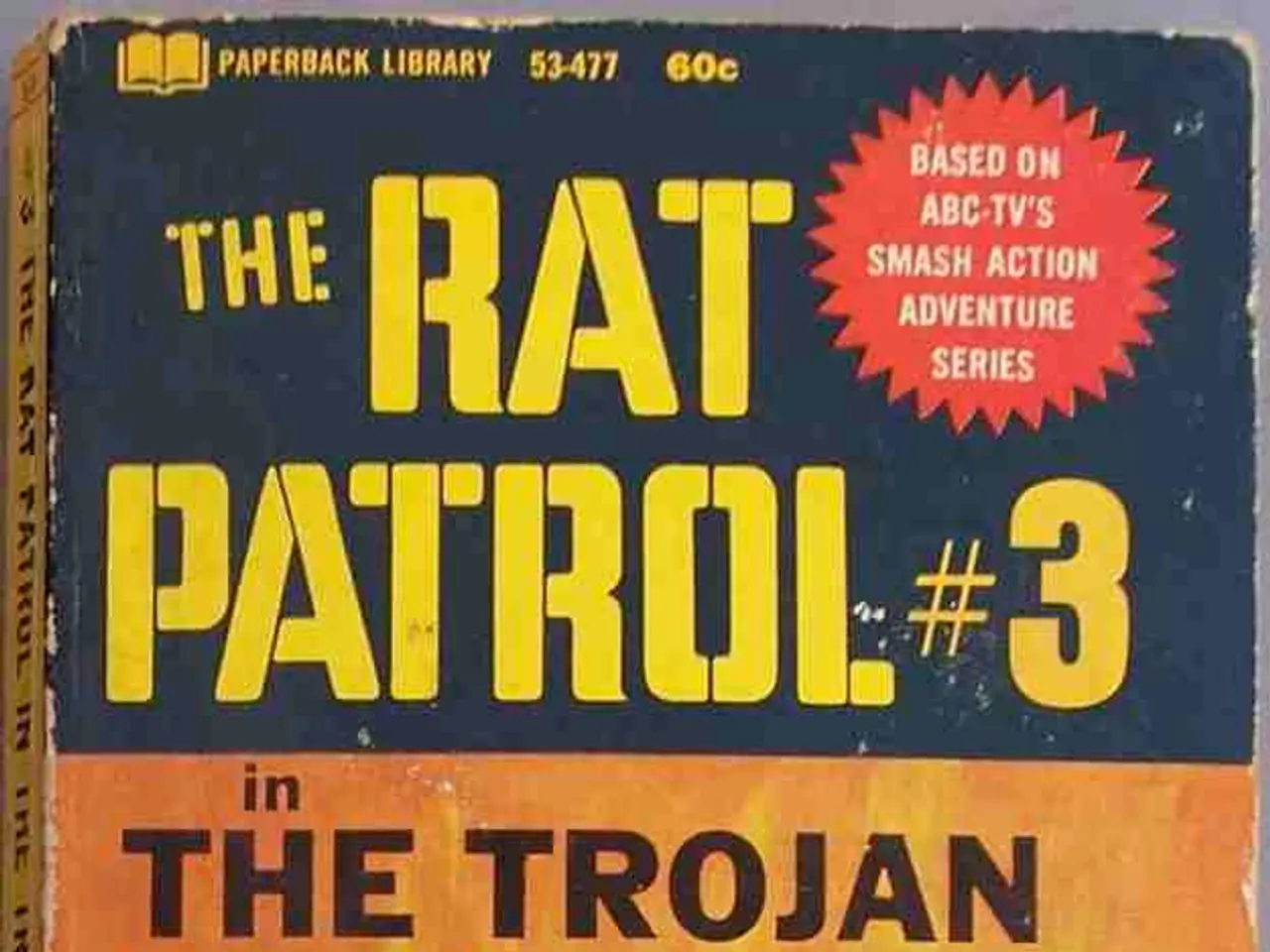Game producer affirms that the 'edgy' and 'understandable' PMC antagonist in Battlefield 6, tasked with obliterating the U.S., lacks a significant underlying message: "We required two opposing factions"
In the highly anticipated Battlefield 6, players will encounter a new enemy faction known as Pax Armata. The mercenary outfit, described as cool and badass, is set to provide a massive and visceral gameplay experience.
Executive producer Christian Grass revealed that Pax Armata was created with the intent of being a formidable adversary. The creative director of Battlefield 6, Thomas Andersson, echoed this sentiment, stating that Pax Armata serves as a simplistic plot device with no significant meaning beyond its role in the game.
The setting of Battlefield 6 is designed to feel like it could happen tomorrow, creating a sense of excitement. However, Electronic Arts (EA) insists that it's not trying to make a statement with the setting, despite major European countries withdrawing from NATO, leaving the US and some unspecified number of remaining allies to stand alone against Pax Armata.
France is the only European country confirmed to have withdrawn from NATO in the game, but it remains unclear which other countries have followed suit. The absence of these countries creates a "power vacuum" that the US has to fill.
The real-world NATO is facing challenges, with Russia being a resurgent military foe and the US being an unreliable partner. Despite these challenges, NATO is actively evolving to respond, with increased defense spending, institutional reforms, and efforts to boost industrial capacity and operational readiness.
As the world watches the real-life NATO adapt to the changing geopolitical landscape, the fictional Battlefield 6 offers a glimpse into a potential future conflict. While the details of the story are not yet known, the comparison between Battlefield 6 and other military games has been drawn, with both games being accused of pretending to be apolitical and looking ridiculous for doing so.
Andy Chalk, a writer for PC Gamer, states that military games can no longer pretend to be apolitical without appearing ridiculous. As the world continues to grapple with political and military tensions, it seems that even the world of video games cannot escape the impact of real-world events.
[1] NATO Adapts to Heightened Geopolitical Tensions in Europe - The New York Times [2] Europe Takes the Lead: NATO's Shift Towards a More Europe-Centric Focus - The Guardian [3] NATO's Industrial Capacity Challenges and the Quest for Real Capability Improvements - The Washington Post [4] The Hague Summit: A Message of Unity Amid Volatile Strategic Environment - The Economist [5] NATO Prepares for Heightened Conflict with Large-Scale Exercises - BBC News
- In Battlefield 6, the competition between players and the formidable adversary Pax Armata promises to offer an entertaining gameplay experience, much like the heightened geopolitical tensions in Europe that demand adaptation from real-life NATO.
- The mercenary outfit Pax Armata, with their cool and badass demeanor, seeks to dominate the game's season, echoing the various challenges and evolving responses faced by NATO, such as increased defense spending and reforms, as reported by The New York Times, The Guardian, The Washington Post, The Economist, and BBC News.
- Just as France is the only European country confirmed to have withdrawn from NATO in the game, it is crucial for both military forces and game developers alike to navigate the intricate race of power, acknowledging the complex impact of political and military tensions on their respective games and operations.




